The European Union’s Sustainable Aviation Fuel (SAF) mandates, which took effect January 1, 2025, requiring airlines to use minimum blends of SAF starting at 2% and increasing to 6% by 2030, are significantly raising airline fuel costs and consequently putting pressure on affordable air travel. Airlines in Europe are facing doubled fuel expenses due to compliance fees imposed by SAF producers and suppliers, which add billions of dollars above market prices. For instance, the one million tonnes of SAF mandated in 2025 is expected to cost an extra $1.7 billion in fees beyond base market rates, reducing funds available for broader carbon emission abatement efforts.
The International Air Transport Association (IATA) has highlighted that SAF currently costs about three times more than conventional jet fuel, and e-SAF (produced from renewable hydrogen) is approximately ten times costlier. Moreover, fuel suppliers have been accused of exploiting green jet fuel mandates to inflate prices through compliance surcharges, a practice criticized as “price gouging” by airlines, which threatens profitable and sustainable operations. Penalties for non-compliance in the EU and UK are steep, which further entrenches the need for airlines to purchase the high-cost fuel even if supply remains limited.
The mandates also create a dichotomy in the market, where early adopters focusing on SAF blend compliance gain regulatory benefits but face high upfront costs. Airlines like IAG and Air France-KLM lead in SAF usage at major hubs; others like Ryanair and Wizz Air have ambitious future targets but limited current uptake due to supply and cost challenges. The strict phase-down of HEFA SAF feedstocks due to sustainability concerns is driving development of synthetic and power-to-liquid (e-SAF) alternatives, which carry even higher production costs, increasing short-term economic strain on airlines and potentially passengers.
Key Points:
- EU SAF mandates require airlines to blend 2% SAF in 2025, rising to 6% by 2030, significantly increasing airline fuel costs.
- SAF comes at roughly three times the cost of conventional jet fuel, with e-SAF (renewable hydrogen-based) much higher.
- Compliance fees and penalties raise costs by billions, challenging airline profitability and putting upward pressure on ticket prices.
- Fuel suppliers have exploited mandates to impose surcharges, drawing calls from industry leaders for policy reform.
- Market shows a two-speed SAF uptake: early leaders gain regulatory and cost advantages but face high prices; others await cheaper, scalable options.





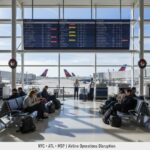




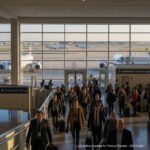
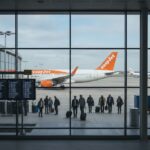

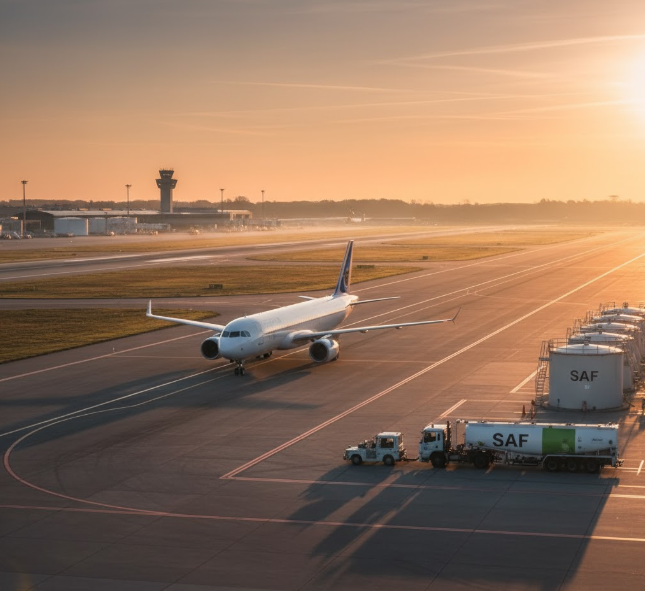


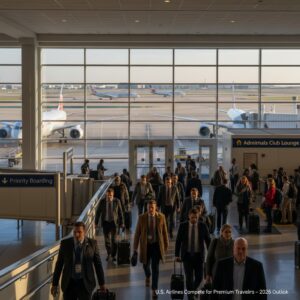
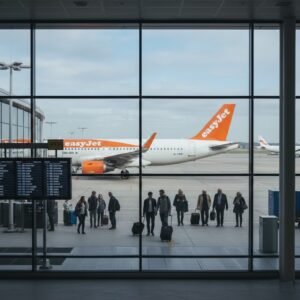
More Stories
US Airlines Battle for 2026 Skies: Premium Profits Soar
EasyJet Stealth Expansion New UK Routes to Rome, Lisbon, Bari for 2026
Overtourism Fight 2026: Mexico/Canada/US/Jamaica/Barbados/DR Impose Fines/Caps